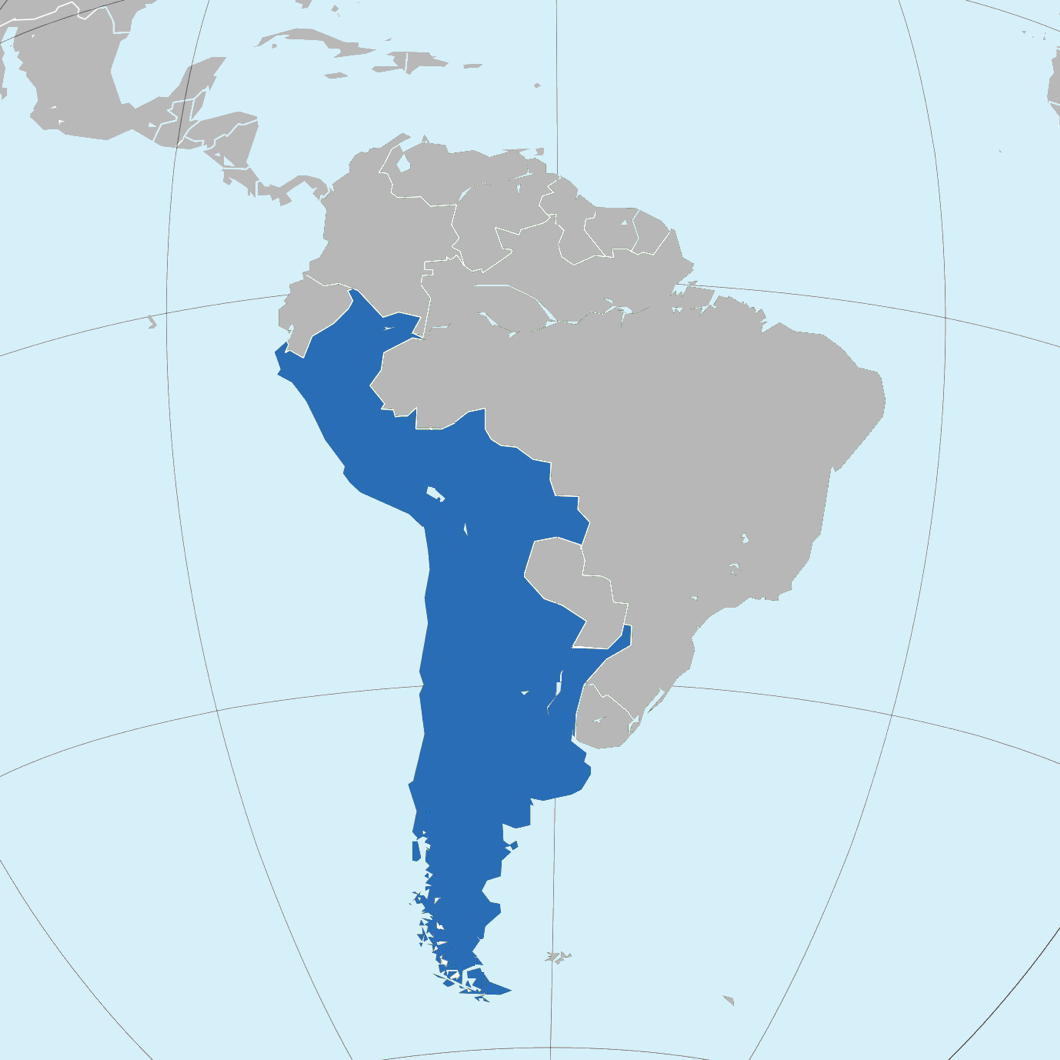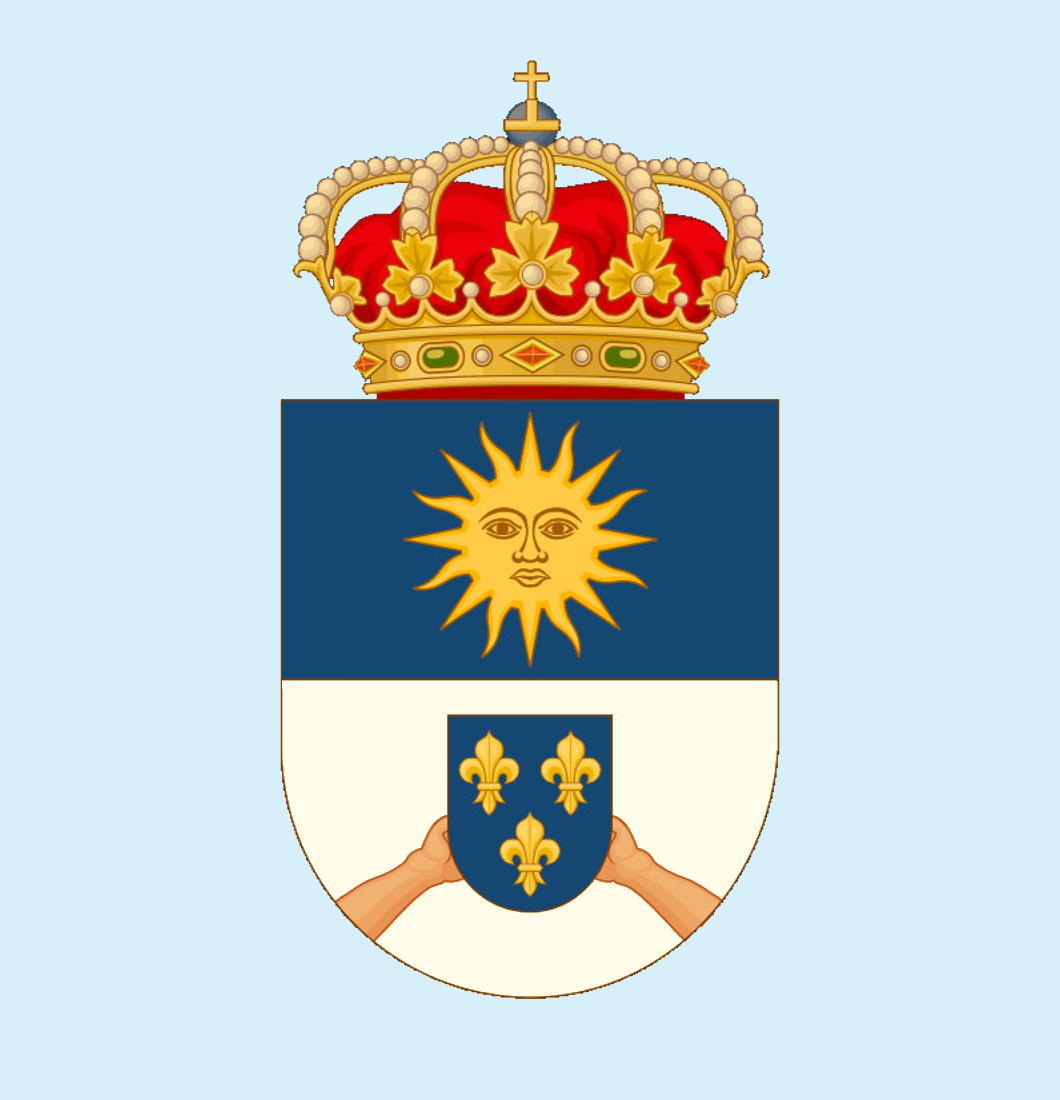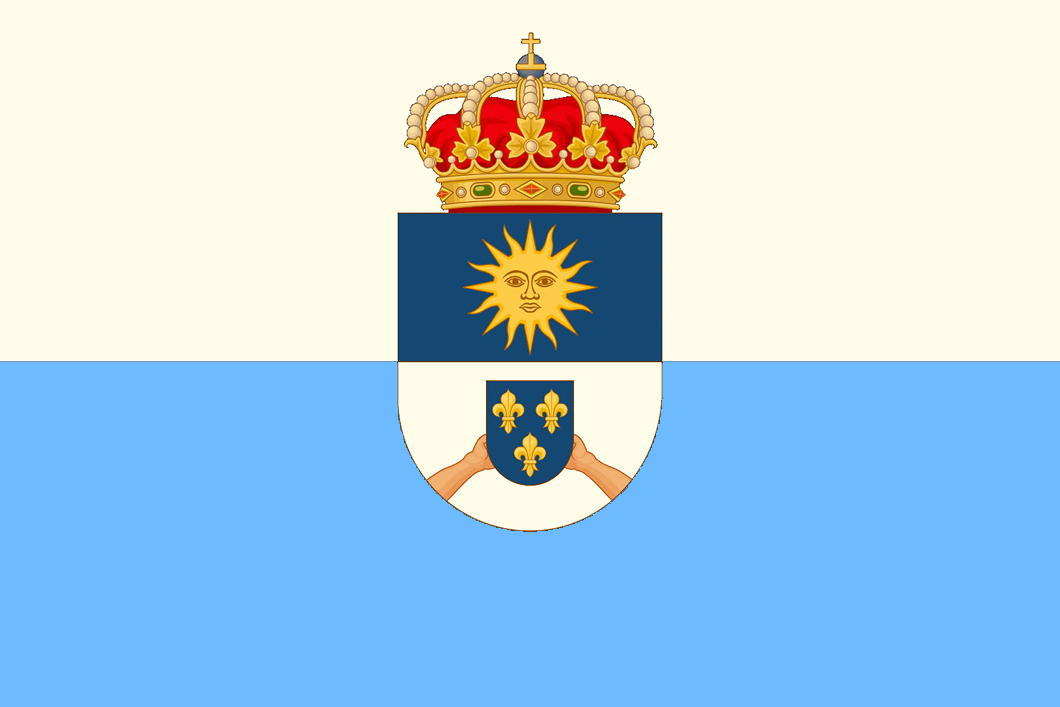2023 February
About Andrew Cusack
 Writer, web designer, etc.; born in New York; educated in Argentina, Scotland, and South Africa; now based in London.
Writer, web designer, etc.; born in New York; educated in Argentina, Scotland, and South Africa; now based in London. read more
News
Blogs
Reviews & Periodicals
Arts & Design
World
France
Mitteleuropa
Knickerbockers
Argentina
The Levant
Africa
Cape of Good Hope
Netherlands
Scandinavia
Québec
India
Muscovy
Germany
Academica
Gaullist California
A friend well conversant in my ongoing crusade to remind today’s centre-droit of the utility of the Gaullist experience writes in:
The Golden State once practised a very successful form of Cal-Gaullism, developing world-class infrastructure, research universities, new industries… and much of the place was solidly conservative.
Once upon a time, parts of Southern California (including Orange County) were deemed the most conservative places in America, from which Nixon, Reagan, and others sprang.
San Francisco, though still beautiful, is certainly now well past its prime; I remember that white tie and tails were still seen there regularly as late as the ’80s.
The Polish church in Los Angeles was built to serve the large number of Polish exile families (with fathers who were aerospace engineers trained in the RAF like mine) who came from the UK and Canada to work in what was then the world centre of the aerospace and defence industry — “the Gunbelt in the Sunbelt”.
A Realm That Never Was
The United Kingdom of the Rio de la Plata, Chile, and Peru
If we give in to temptation and attempt to see things without the benefit of hindsight, Brazil’s path to independence as a monarchy is less surprising than the fact that Argentina didn’t pursue a similar trajectory. After all: Argentina’s ‘Liberator’, José de San Martín, was himself a monarchist, as was Manuel Belgrano.
Belgrano’s project was to unite the Provinces of the River Plate with Chile and the old viceroyalty of Peru in one united kingdom under a Borbón king. This was to be the Infante Don Francisco de Paula, the youngest son of Charles IV of Spain, but the Spanish king ardently refused to yield his throne’s sovereignty over the new world, nor to allow any of his offspring to take part in the various projects for local monarchies.
When that failed, Belgrano proposed to the Congress of Tucumán that they crown an Incan as king. San Martín, Güemes, and others supported this, but Buenos Aires resisted the plan. They proposed instead to crown Don Sebastián, a Spanish prince living in Rio de Janeiro with his maternal grandfather, King João VI of Portugal.
João thought the scheme would end up injurious to Portugal’s interests and so put the kibosh on it.
And don’t get us started on Carlotism, which was a whole ’nother pile of tricks.

Belgrano’s monarchic project in its 1815 iteration was to unite the provinces of the River Plate with Chile and the old viceroyalty of Peru to create a single realm out of these Spanish-speaking territories.
He even drafted a constitution for the United Kingdom of the Rio de la Plata, Chile, and Peru, which is rudimentarily translated into English below. This even went so far as to specify the coat of arms and flag of the kingdom.
The best history covering these unconsummated plans remains Bernado Lozier Almazán’s 2011 book Proyectos monárquicos en el Río de la Plata 1808-1825: Los reyes que no fueron which sadly has not yet been translated into English.


Article 1 — The new Monarchy of South America will have the name of the United Kingdom of the Río de la Plata, Peru, and Chile; its coat of arms will be a shield that will be divided into blue and silver fields; In the blue that will occupy the upper part, the image of the Sun will be placed, and in Silver two arms with their hands that will hold the three flowers of the emblems of My Royal Family; surmounted by the Royal Crown, and will have as supporters a tiger and a llama. Its flag will be white and light blue.
Article 2 — The Crown will be hereditary in order of proximity in the lines of agnation and cognation.
Article 3 — If, God forbid, the current King dies without succession, his rights will revert to me so that with the agreement and consent of the Legislative Body I choose another Sovereign from my Royal Family; but, if I no longer exist, said Chambers will have the power to elect one of the princes of my Blood Royal as their King.
Article 4 — The person of the King is inviolable and sacred. The Ministers are responsible to him. The King will command the forces of sea and land; he will declare war, he will make peace; he will make treaties of alliance and trade; he will distribute all the offices, he will be in charge of the public administration, the execution of the laws, and the security of the State to whose objects he will give the necessary orders and regulations.
Article 5 — The King will name all the nobility; he will grant all the dignities, he will be able to vary them and grant them for life, or make them hereditary. The King may forgive offences, commute sentences, or dispense them in the cases that the law grants him.
Article 6 — The nobility will be hereditary in the same terms as the Crown; it will be distinguished precisely in three grades, and cannot be extended to more: the first grade will be that of Duke, the second of Count and the third of Marquis; the nobles will be judged by only those of their class, they will have part in the formation of the laws, they will be able to be Deputies of the Towns and they will enjoy the honours and privileges that the law or the King grants them; but they may not be exempted from the charges and services of the State. Any individual of the State of any class and condition may opt for the nobility for their services, for their talents, or for their virtues. The first number of the nobility will be agreed by the King and Representative and at any other time by the Legislative Body.
The Legislative Body
Article 7 — The Legislative Body will be composed of the King, the Nobility, and Representation of the Commons.
The Upper Chamber will be formed: the first part by all the Dukes, whose right is declared inseparable from their dignity; the third part of the Counts, by election among themselves, presided over by a King’s Commissioner; the fourth part of the Marquises, elected on their own terms; and the fifth part of the Bishops of the Kingdom, elected the first time by the King, being in charge of it and the other Chamber, to establish the bases for the election of this body for the future.
Article 8 — The Second Chamber will be made up of the Deputies of the Peoples, who will be elected for the first time in the customary terms that allow less play to the parties, and will consult the greatest opinion, it being an essential charge to the Legislative Body to establish for the latter the most adequate and precise laws.
Article 9 — The power to propose the law will be common to the King and both Chambers; the order of the proposition will be from the King to the First Chamber, and from this to the King, and from the Second to the First, in the event that a proposal is not admitted by its immediate chamber, it cannot go to the third, nor be repeated until another session. Every law will be the result of the plurality of both Chambers, and secondly of the King; the sanction and promulgation of the law will be exclusively his.
The chambers may not join or dissolve without the express order of the King. He will be able to extend them for as long as he deems it necessary, and dissolve that of the Deputies when he deems it appropriate.
Article 10 — The designation of the King’s income, his Royal House and Family, the expenses of his Minister and Cabinet, the civil list, the military, and extraordinary expenses will be exclusively agreed by both Chambers, to which in the same way belongs to the arrangement and imposition of rights and contributions.
The Ministry
Article 11 — No order of the King without the authorisation of his corresponding Minister will be fulfilled; the Ministers will have the power to propose to both Chambers what they deem appropriate, and enter any of them to report what they deem appropriate; the Ministers will indispensably be Members of the High Court, and only by it may they be judged. The Ministers may not be accused except for treason or extortion, the accusation will not be admissible unless it is made by the plurality of one or another Chamber; the Minister of Finance will present to both Chambers for their knowledge and approval the accounts of the previous year.
The Judiciary
Article 12 — The judges will be appointed by the King; they will be perpetual and independent in their administration, only in the case of notorious injustice or ruling can they be accused before the Upper Chamber who will judge them independently of the King, who will protect and execute their decisions in this part; The judges of the fact will be established, called the jury in the most adaptable way to the situation of the Towns.
The Commonalty of the Nation
Article 13 — In addition to the proportionate and uniform distribution of all charges and services of the State, the option to nobility, jobs and dignities, and the common competition and subjection to the law; The Nation will enjoy, with the inalienable right to property, freedom of worship and conscience, freedom of the press, the inviolability of property, and individual security in the terms clearly and precisely agreed upon by the Legislative Power.
Those elected by the nobility, clergy, and commonalty will last six years, starting to renew the first elected by half every three years: The Common Deputies may not be executed, persecuted, or tried during their commission, except in cases that the law designated and by the Chamber itself to which they belong.
Search
Instagram: @andcusack
Click here for my Instagram photos.Most Recent Posts
- Burns Tower April 19, 2024
- Patrick in Parliament March 18, 2024
- Articles of Note: 13 March 2024 March 13, 2024
- Cambridge March 9, 2024
- Taken on Trust March 4, 2024
Most Recent Comments
Book Wishlist
Monthly Archives
Categories


